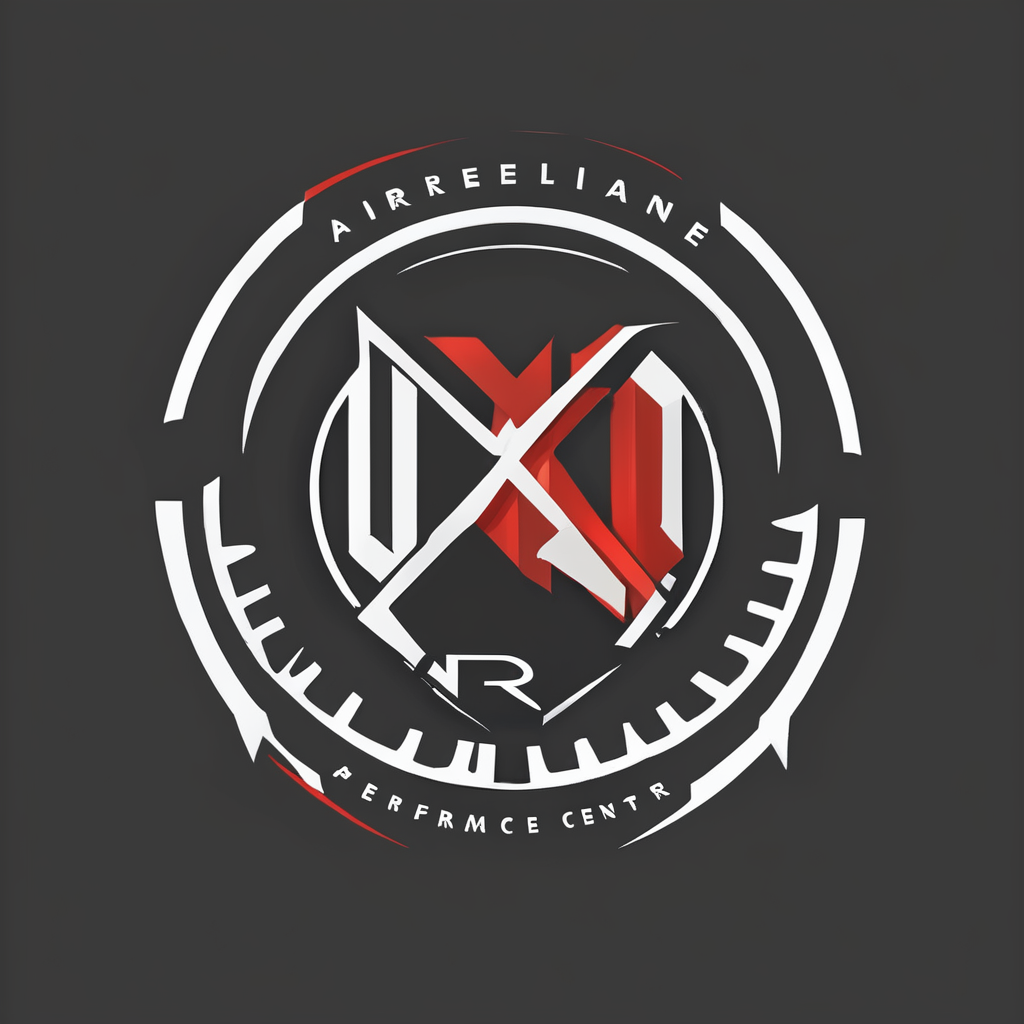Current Landscape of British Basketball
British basketball status has evolved steadily but remains a developing sport within the broader UK basketball landscape. Historically, basketball in Britain never reached the same mainstream attention as football or rugby. However, the establishment of the British Basketball League (BBL) in 1987 created a more structured environment fostering competitive play and professional growth. The BBL now serves as the country’s top-tier competition, offering a platform for domestic talent and imported players.
The current status of the British Basketball League reflects gradual progress, with around 10-12 teams competing annually and efforts to expand fan engagement. Despite challenges, the BBL prioritizes player development through academies and partnerships with youth programs across the UK. This focus aims to nurture homegrown talent, improving skill levels and international competitiveness.
Also read : How is the UK basketball scene fostering young talent?
Prominent British basketball players such as Luol Deng, who reached NBA prominence, exemplify the potential of UK athletes. Rising stars like Andrew Betts and Tremmell Darden further illustrate that British basketball can produce impactful players. The league’s growth coupled with increasing youth participation signals cautious optimism for the sport’s future within Britain’s competitive sporting environment.
Comparing British Basketball with Global Leaders
British basketball status, while steadily progressing, contrasts sharply with powerhouse basketball nations like the USA, Spain, and Australia. These countries boast deeply ingrained basketball cultures, extensive funding, and well-established professional leagues, such as the NBA in the USA, which sets a high benchmark in global basketball ranking. The NBA’s sophisticated league structure offers higher salaries, broader media coverage, and massive fan engagement, factors currently limited within the UK basketball landscape.
In parallel : How are UK basketball teams leveraging technology for player development?
How does the British Basketball League compare to these global giants? The BBL operates with fewer resources and less widespread popularity, impacting player recruitment and retention. Unlike the NBA or Liga ACB in Spain, the British Basketball League overview reveals smaller team rosters and more regional focus, which limits its reach and commercial appeal.
British players’ influence abroad is growing but remains limited compared to those coming from established basketball nations. Players like Luol Deng made significant strides abroad, but such cases are exceptions rather than the norm. For British basketball to elevate its global standing, addressing disparities in league structure, funding, and fan support is crucial. Understanding these international basketball comparisons helps clarify why British basketball status has room to grow within the global basketball arena.
Current Landscape of British Basketball
British basketball status reflects a sport steadily developing within the broader UK basketball landscape. Historically overshadowed by football and rugby, basketball in Britain gained structure with the founding of the British Basketball League (BBL) in 1987. The British Basketball League overview shows a league now stabilizing with around 10-12 teams competing, focusing on raising competitive standards and fan engagement.
Player development remains central to British basketball status. The BBL, alongside youth academies and domestic programs, prioritizes nurturing homegrown talent to boost skill levels and enhance international competitiveness. Investments in these developmental pathways aim to address past gaps where British players lacked structured growth opportunities.
Prominent figures reinforce the league’s potential. Luol Deng’s success in the NBA exemplifies top-tier achievement originating from the UK. Emerging talents like Andrew Betts and Tremmell Darden highlight a growing pool of skilled players advancing from the British Basketball League to international stages. As the UK basketball landscape continues to evolve, these athletes inspire confidence that British basketball status can improve, bridging gaps between domestic progress and global competitiveness.
Current Landscape of British Basketball
British basketball status reflects steady development rooted in a modest but evolving sports culture. The British Basketball League overview shows a league founded in 1987 that now organizes about 10-12 teams, functioning as the highest competitive level within the UK basketball landscape. This league structure fosters domestic competition, though still on a smaller scale than global powerhouses.
Focus on player development remains crucial. The BBL collaborates with youth academies and local programs designed to cultivate homegrown talent. These efforts seek to close historical gaps where British players lacked sustained professional pathways. This development emphasis is shaping a pipeline of athletes who may compete both domestically and abroad.
Prominent British basketball players illustrate this progress. Luol Deng stands as a landmark figure, showcasing British success in the NBA — a global benchmark. Other notable talents like Andrew Betts and Tremmell Darden have also emerged from the UK basketball landscape, reinforcing the league’s commitment to skill advancement and international visibility. Overall, British basketball status today is characterized by gradual professional growth, growing player quality, and increasing recognition within the UK basketball ecosystem.
Current Landscape of British Basketball
British basketball status has been marked by steady advancement, particularly through the British Basketball League overview which highlights a league currently housing 10-12 teams. Founded in 1987, the BBL remains central to the UK basketball landscape, serving as the highest professional level and a vital platform for talent development. This league’s structure supports competitive play but operates with fewer resources compared to major global leagues.
Player development is a top priority within British basketball status. The BBL works closely with youth academies and regional programs aimed at nurturing homegrown talent. This strategy helps bridge earlier developmental gaps, creating clearer pathways into professional basketball. Emphasizing skill-building and exposure, these programs are crucial for enhancing the domestic player pool’s quality.
Prominent British basketball players further illustrate national progress. Luol Deng, a notable figure who excelled internationally, remains a beacon of success. Alongside him, players like Andrew Betts and Tremmell Darden have emerged through the UK basketball landscape, showcasing the league’s ability to develop athletes capable of competing abroad. These players’ journeys underscore British basketball status as a growing force, balancing ambition with the realities of a developing sport.

